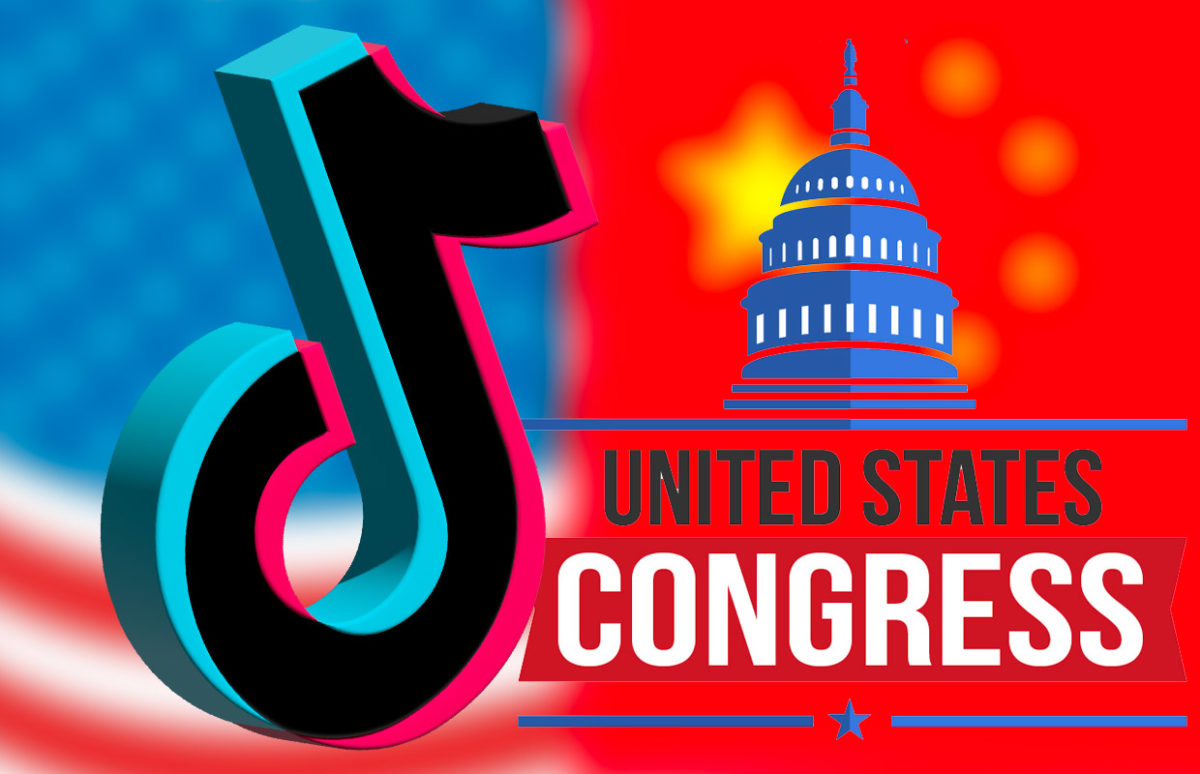On 13 March, the U.S. House of Representatives passed a bill which would ban the social-media app TikTok from the country unless it is no longer owned by a Chinese company. The legislation was rushed through in record time, although it is not certain it will be confirmed by the Senate. What risk does Congress believe TikTok represents?
In a Congress that has hardly passed legislation for months because of antagonism between the parties and small majorities in each house, this bipartisan bill proposed by the House Energy and Commerce Committee on Monday passed on Wednesday by 352 votes to 65. The Protecting Americans from Foreign Adversary Controlled Applications Act would require TikTok’s owners, ByteDance, to sell the company, so it is no longer owned by a “Foreign Adversary”.
The speed with which the legislation was passed is an indication of the level of threat Congress perceives. What are the politicians’ concerns?
One issue is that all Chinese companies are required by law to share users’ data with the Chinese government if requested. There is no proof that this has been the case with TikTok but Representatives believe that it is a risk.
A second issue is a belief that TikTok’s algorithm could push news stories to users that could bias their opinions, for example in the upcoming election. Although TikTok was originally mainly used to share short videos of teenagers lip-synching to songs, it has increasingly become a major news source for its 150 million active, mainly young, users in the U.S.A. According to a Pew Research Center poll on social media in September 2023, 33% of American adults as a whole use the app, but 62% of 18-29-year-olds.
Reaction
The Chinese government has been displaying indignation at the U.S. Congress’s actions, yet TikTok is actually banned in China. A similar app to TikTok, Duoyin, is available and subject to monitoring and censorship by the Chinese government. Most foreign social-media sites such as YouTube, X, Google, Instagram and Meta (mother company of Facebook) are blocked in China because they refuse to comply with the Chinese government’s rules on data collection and the type of content shared.
Then-President Donald Trump tried to force ByteDance to sell TikTok back in 2020 but courts claimed his action violated the First Amendment of the Constitution on freedom of expression. Candidate Trump has come out against the legislation this time, which may affect the bill’s chances of making it through the Senate if the large minority of Republican Senators follow his lead.
Storm in a Teacup?
Even if the legislation made it through a Senate vote, TikTok wouldn’t just disappear from the U.S.A. First, there would be a five-month period in which ByteDance could try to sell the company, which has been valued at more than $250 billion. If it refused to, or couldn’t sell, then it would become illegal for app stores to offer downloads of the app. Existing users could keep on using the app until successive updates, which they couldn’t access, made it obsolete.
Feel free to use this article with your pupils. It's especially useful for AMC classes, in conjunction with Shine Bright AMC File 17 Tech Giants or File 13 The land of the free on the First Amendment.
Copyright(s) :
TikTok icon by Vectonauta on www.freepik.com
PYS
Tag(s) : "China" "fake news" "politics" "social media" "TikTok" "U.S. Constitution" "U.S. government"





